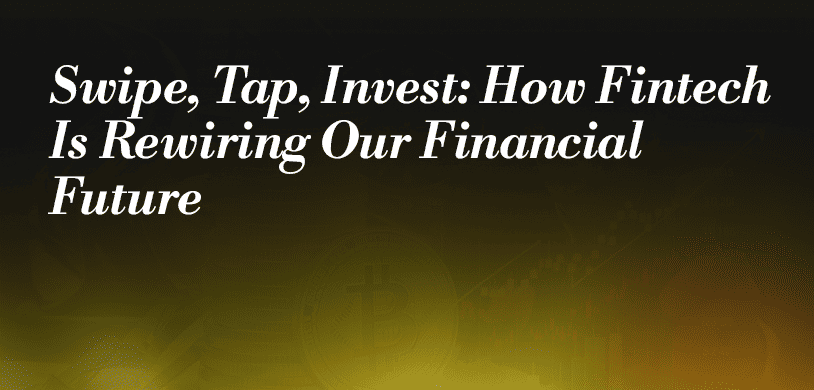Introduction: Ever wondered why handling money no longer feels like a chore? Welcome to the world of fintech, where every swipe, tap, or click reshapes how we interact with our finances. It's the hidden force turbocharging everything from your morning coffee purchase to your retirement savings plan. Step into this unfolding revolution where your smartphone is your new wallet, your financial advisor, and sometimes, your banker too. Let's dive deep and discover how fintech isn't just about technology—it's about turning complex financial tasks into a breeze.
Unpacking Fintech: Fintech, or financial technology, is a tech-driven makeover transforming traditional banking and financial sectors. It's not just an industry; it’s a movement. By integrating technologies like AI, blockchain, and data analytics, fintech companies are creating solutions that streamline payments, enhance investment strategies, and democratize access to financial services.
Examples of Fintech Innovation:
Digital Wallets and Payments: Remember when you last paid for dinner in cash? Neither do we! Apps like Apple Pay, Google Wallet, and Samsung Pay let you store your card information securely and pay with a mere tap of your phone.
Peer-to-Peer Lending Platforms: Platforms like LendingClub and Prosper allow you to lend money directly to others, bypassing traditional banks. It’s like helping someone fund their dream project while you earn the interest directly.
Robo-Advisors for Everyone: Once, investing was a game for the elite. Now, apps like Robinhood and Acorns make investing accessible to everyone. Whether you're saving for a rainy day or building a portfolio, these apps guide you with automated, data-driven advice.
Blockchain Beyond Bitcoin: Beyond cryptocurrencies, blockchain is revolutionizing how we think about everything from contract signings to real estate transactions with its secure, traceable, and efficient technology.
The Fintech Effect: The beauty of fintech lies in its impact. It’s not just making financial management easier but also more inclusive. Fintech tools have brought unbanked populations into the fold, giving them access to financial services that were previously out of reach. Small businesses enjoy the ease of managing cash flows, accepting payments online, and even securing loans without the red tape of traditional banks.
Conclusion: As fintech continues to innovate, it promises a future where financial services are no longer the preserve of the few but the choice of the many. This revolution is just beginning, and it’s redefining the very way we think about money. Ready to tap into your financial future? The power is at your fingertips.








